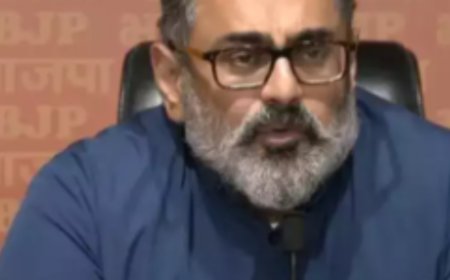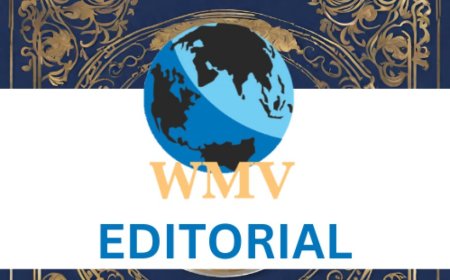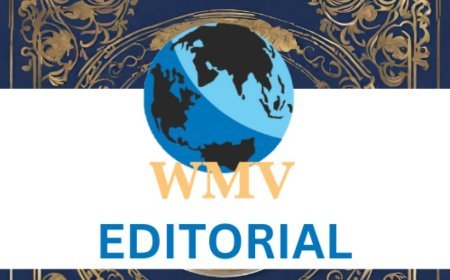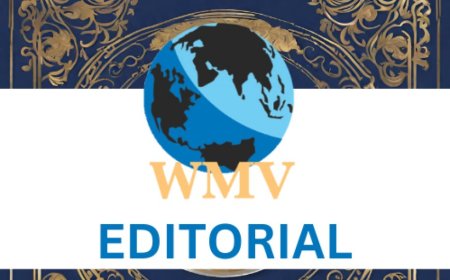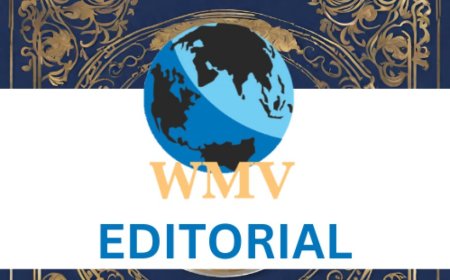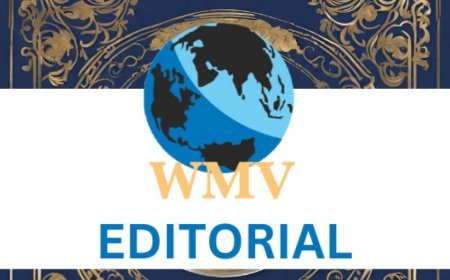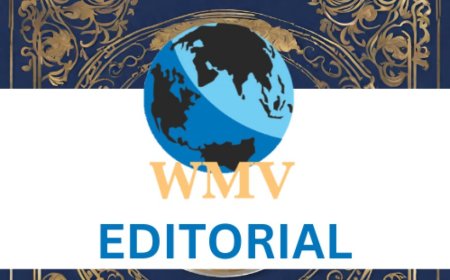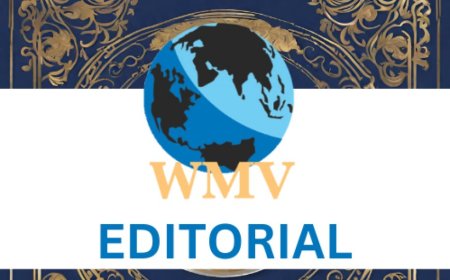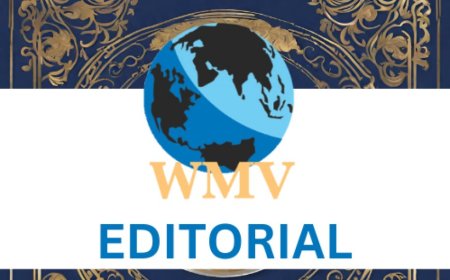Trump tariffs: World braces for impact as reciprocal tariffs take effect on April 2 | What to expect?
Donald Trump will unveil his “Liberation Day” tariff plan on April 2, imposing reciprocal duties on all nations, including autos and metals. Details remain unclear, but he has hinted at extra tariffs on Russian and Venezuelan oil.

US President Donald Trump is set to unveil a sweeping tariff plan on April 2, a date he has branded as "Liberation Day." The plan, centered around so-called reciprocal tariffs, aims to rebalance global trade, boost American manufacturing, and generate substantial revenue for domestic policy priorities. However, the broad scope of these tariffs, potentially covering all nations, has stoked fears of a global trade war.
A plan without details
Despite the imminent rollout, the White House has not specified the exact tariff rates, how they will be calculated, or which countries might qualify for exemptions. Trump has also hinted that non-tariff barriers will be factored into the calculations, but no methodology has been provided.
“You’d start with all countries, so let’s see what happens,” Trump told reporters aboard Air Force One. “I haven’t heard a rumor about 15 countries, 10 or 15.”
Key sectors and trading partners targeted
The new tariffs will build on existing levies on aluminum, steel, and autos. Trump has also pledged a 25% tariff on imported vehicles, and has suggested increasing tariffs on pharmaceuticals, lumber, semiconductors, and copper. Mexico and Canada, the two largest US trading partners, are expected to be hit with 25% tariffs.
Additionally, Trump has warned of curbs on “all oil coming out of Russia” if Moscow refuses to comply with US demands regarding Ukraine.
April 2, the ‘Liberation Day’ Trump promised
US President Donald Trump's reciprocal tariff plan, set to begin on April 2, has sent shockwaves through the global economy. Branded as "Liberation Day" by Trump, the policy aims to rebalance trade by imposing tariffs on imports from all nations, unless they negotiate exemptions post-launch. The move, which includes hefty levies on autos, metals, and various other sectors, has sparked fears of a global trade war.
Global reactions
The announcement has triggered concerns among US allies and trading partners, with several governments scrambling to negotiate exemptions or alternative trade arrangements.
UK seeks exemption but braces for impact
The United Kingdom is among the many nations hoping to secure a deal to avoid the tariffs. Downing Street has acknowledged that the UK is "likely to be impacted" and is engaged in ongoing discussions with US trade representatives.
"When it comes to tariffs, the Prime Minister has been clear he will always act in the national interest," said a spokesperson for UK Prime Minister Keir Starmer. "Our trade teams are continuing constructive discussions to agree on a UK-US economic prosperity deal."
However, the UK government has signaled that talks may extend beyond April 2, raising concerns for British industries, particularly luxury car manufacturers like Rolls-Royce and Aston Martin, which face a 25% import duty.
Canada’s energy industry on edge
Canada faces a looming 10% tariff on energy exports to the US, creating unease within the nuclear power sector. The US relies on Canada for over a quarter of its uranium supply, making the tariffs particularly disruptive.
"Utilities are waiting to see what this all means before they take action," said Karen Radosevich, manager of nuclear fuel supply at Entergy Corp. "This uncertainty is paralyzing for the industry."
Canadian officials have warned they may retaliate with their own export duties on uranium, potentially escalating trade tensions between the two allies.
EU delays retaliatory measures
The European Union, also in the crosshairs of Trump’s tariff plan, has opted to delay its first countermeasures until mid-April. This decision allows for additional negotiation time and reconsideration of targeted US goods.
Russia and Venezuela face additional pressure
Trump has extended his tariff strategy beyond traditional trade disputes, leveraging economic pressure in geopolitical conflicts. On Sunday, he announced a secondary tariff of 25% to 50% on all Russian oil unless Moscow agrees to a ceasefire in Ukraine.
In Venezuela’s case, Trump introduced a new economic tool—"secondary tariffs"—threatening 25% tariffs on any country that purchases Venezuelan oil. The executive order, signed on Monday, gives Secretary of State Marco Rubio discretion to impose these penalties.
Venezuelan President Nicolás Maduro responded defiantly: "They can sanction and impose tariffs on whatever they want, what they cannot sanction is the love and patriotism of the Venezuelan people."
China, Venezuela’s largest oil buyer, condemned the US move. "We call on the U.S. to stop interfering in Venezuela’s internal affairs and abolish the illegal unilateral sanctions," said Chinese foreign ministry spokesman Guo Jiakun.




























